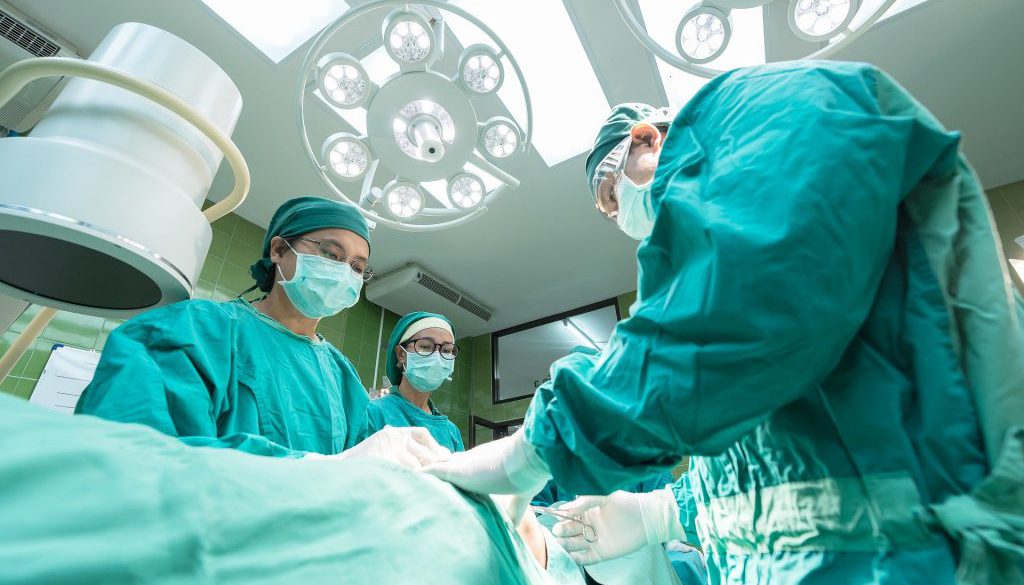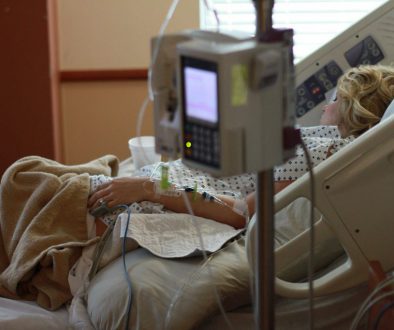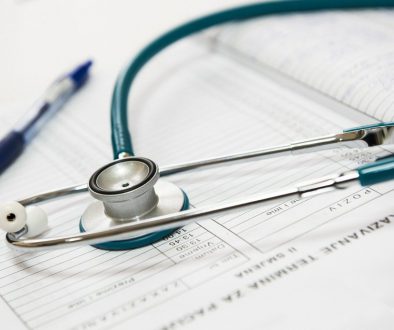The importance of effective communication in healthcare is often undervalued and disregarded. Healthcare communication is more than just art. It is considered to be a science that involves creating a good human-to-human relationship, be it the co-workers or the patients.
We, individuals, are considered to be social beings. This means that we need the companion of others. This is always true when we are in a situation that makes us vulnerable. In a hospital, medical practitioners have their own job. But one similar job they share is to offer their patients with empathy and compassion that is necessary throughout their recovery journey.
Doctors and nurses offer their patients deep technical, intellectual, and interpersonal skills and abilities while showing care. In connection to that, these professionals should be knowledgeable, not just in the medical field but also in interpersonal communication skills.
As stated by the US National Library of Medicine at the NIH (National Institutes of Health), communication in healthcare is one of the important elements in each area of the activities and interventions, which include health promotion, education, rehabilitation, therapy, treatment, and prevention.
The care of a medical professional is usually delivered through speaking and through some skills related to both non-verbal and verbal communication. Communication in healthcare refers to the process of sharing feelings, thoughts, and information between people in the hospital through speech or other communication means.
In connection to that, good communication in healthcare allows the patients to share their concerns and fears with the nurses or other medical practitioners to give them the right diagnosis. This means that effective communication in healthcare is overwhelmingly important.
In this post, we are going to provide you with the reasons communication is important in healthcare. So, if you want to know more about it, then keep reading.
Immediate understanding of the Needs and Conditions of a Patient
From the start, during, and up to the end of the triage and care, medical practitioners, such as nurses, are the one who offers primary and first care to the patients. In connection to that, doctors and nurses are required to work, evaluate, and assess the condition of a patient immediately. Thus, they are required to show good communication and understanding skills as it plays an important role in offering the best care.
Understanding the Social Determinants of Health
When we say social determinants of health, it includes the environmental, physical, and social condition experienced by the patient that triggers his or her health status. According to studies, different social determinants of health, which include lack of proper housing, food security, unemployment, and poverty, are the main reasons behind the increase in the severity and rates of chronic conditions that often result in greater mortality and morbidity.
Knowing and understanding the social determinants experienced by the patient are the best ways to improve the overall wellness and health of the patient. Thus, good communication skill is important in this case.
Understanding the Emotional State of Patients
Medical practitioners like nurses are the ones who spend most of their time beside their patients compared to other healthcare professionals. That’s why they need to know more about the health and lifestyle of their patient to determine his or her emotional and physical well-being.
An effective communication, in this case, is important to determine the level of care that the patients need to recover. Even the smallest amount of information regarding the patient’s life is enough to give the patient’s long-term health.
Aside from that, this communication level will also help the doctors to create proper treatment plans and the need to implement care protocols with the help of the other medical practitioners.
Identifying Specialized Needs
In some cases, patients have needs that are not covered by medical care. For instance, other patients have particular religious beliefs of specialized diets that need to be followed strictly. Medical practitioners should know about it so that the care quality will not be disregarded while meeting the specialized requirements of the patients.
Tracking Changes in Care
Knowing the concerns and needs of a patient enables medical practitioners to have the right clinical and communication approach according to the preferences of a patient. Through this, medical staff can monitor the progress of their patient regularly and have a real-time deviation measurement.
When a medical practitioner has good communication and listening ability and checks the patient more frequently, he or she can significantly decrease the emotional and physical distress experienced by the patients.
Advocating for Patients
Patient advocacy covers good therapeutic communication and the relationship between a medical practitioner and the patient. Medical practitioners are considered to be an advocate. In connection to that, they have a big part in the decision-making process of a patient.
Aside from that, medical practitioners are also expected to enable the patients to create their decision according to their own analysis of the situation. Healthcare professionals are also expected to fill the communication gaps between the healthcare system, other professions, and the patient.
Similarly, when a professional determine worries in a patient’s life, they can help them to alleviate or overcome their fears. Not only that, but they should also give the patients a better experience. Healthcare professionals should offer both assistance and reassurance for their patients. They are also expected to help give recommendations or explain a diagnosis regarding the proper taking of medicines or treatment plans.
The communication system expected in a healthcare system is more than just talking to other professionals and patients in the hospital. Medical practitioners should not only be knowledgeable in the field of medicine and health but should also possess a great set of communication, understanding, and listening skills.
Effective communication in healthcare will offer the right technology and skills in the field that would be a great help to the healthcare system. Good communication skills include understanding the patient’s needs and possessing good interpersonal skill.
Good communication in healthcare is one of the keys to the overall recovery and progress of the patient.


